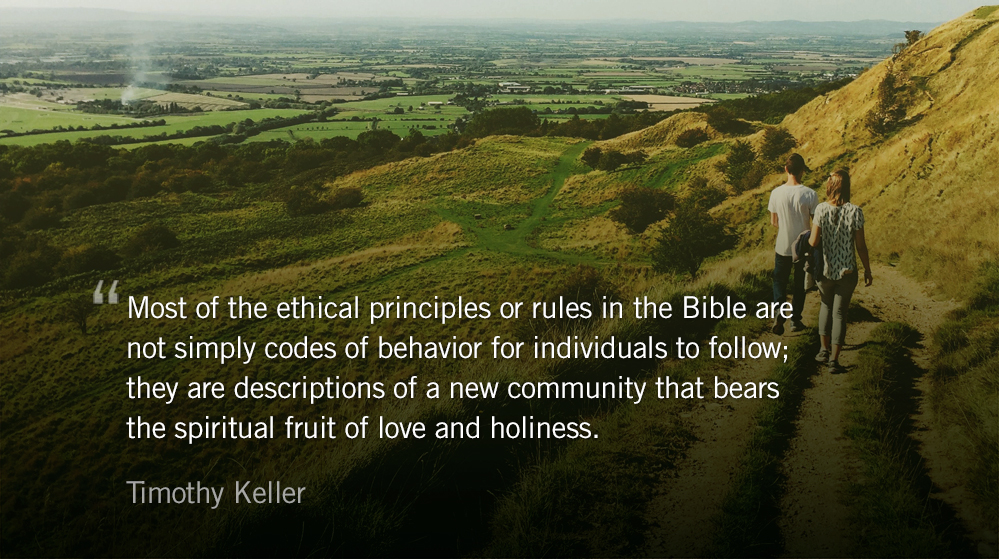I appeal to you therefore, brothers, by the mercies of God, to present your bodies as a living sacrifice, holy and acceptable to God, which is your spiritual worship. — Romans 12.1
Lent is the opportunity for Christian communities to integrate personal faith with corporate works. The experience of fasting with a community brings the great commandment to life:
Hear, O Israel: The Lord our God, the Lord is one. You shall love the Lord your God with all your heart and with all your soul and with all your might.
The structure of this commandment is fascinating: a corporate belief—the Lord our God—followed by individual disciplines—you shall. Paul echoes this framework in Romans 12: in light of what we have experienced of God’s mercy, each of you live in this way. In Recovering Biblical Worship, N.T. Wright explains:
Heirs of the Reformation are so drilled in justification by faith that we easily forget that when Paul comes to worship and obedience he delights in declaring that what we do in Christ, on the basis of God’s mercy, is pleasing to God. This is not taking away one jot or tittle from justification by faith; here in Romans itself it is that to which justification by faith leads you.
Members of the Church flourish when the fruit of faith is born in and through their community. Timothy Keller writes, “Most of the ethical principles or rules in the Bible are not simply codes of behavior for individuals to follow; they are descriptions of a new community that bears the spiritual fruit of love and holiness.” Dr. Keller continues:
Far more of the Biblical ethical prescriptions is addressed to us as a community than as individuals. The Ten Commandments were given to Israel at Mount Sinai to form them into an alternate society that would be a light to the nations. The call of Romans 12:1-2 to “offer your bodies as living sacrifices” is usually interpreted as a call to individual consecration, but it is actually a demand that we commit ourselves to a corporate body and not live as autonomous individuals any longer.All of Romans 12, in fact, should be read as a description of this new society. In the same way, Jesus’ call for his followers to be a “city on a hill” means we must read the entire Sermon on the Mount as a description of this new community, not simply as ethical guidelines for individual believers.






